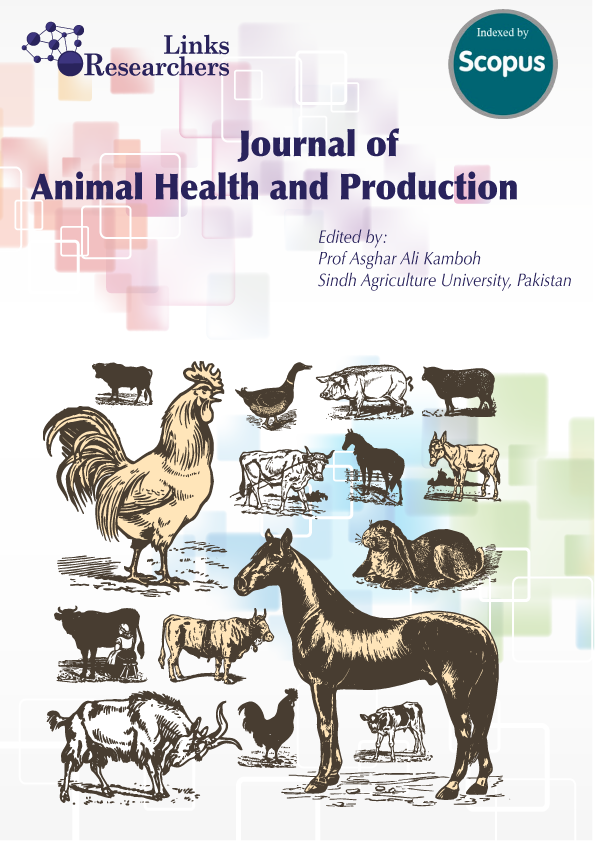Livestock plays a vital role in global food security by providing essential products such as milk, meat, and eggs. Additionally, it generates income through livestock sales and enhances cereal yields by improving productivity through the use of manure and animal traction. In sub-Saharan Africa, women are key contributors to socio-economic development, particularly in livestock ownership. They often focus on smaller animals, like sheep and goats, which are easier to manage. These animals, rich in energy, protein, vitamins, and minerals, provide a significant source of income for women. The primary objective of this study is to explore the diverse roles women play in sheep and goat production in sub-Saharan Africa and beyond. By conducting a comprehensive review of secondary data and case studies, and employing content analysis procedures such as literature identification, data evaluation, and information synthesis, the study highlights that women are instrumental in various aspects of sheep and goat rearing, including feeding, health management, and the processing and marketing of milk and meat. The cultivation of small ruminants offers women financial autonomy, positively impacting household budgets and reinforcing food security. In conclusion, this study emphasizes the critical role of women in sheep and goat production in sub-Saharan Africa and globally. It highlights their significant contributions to food security and socio-economic development. The findings can inform policies and programs aimed at empowering women and promoting gender equality in the agricultural sector.
Keywords | Women breeder, Livestock farming, Small ruminants, Food security, Gender equality






